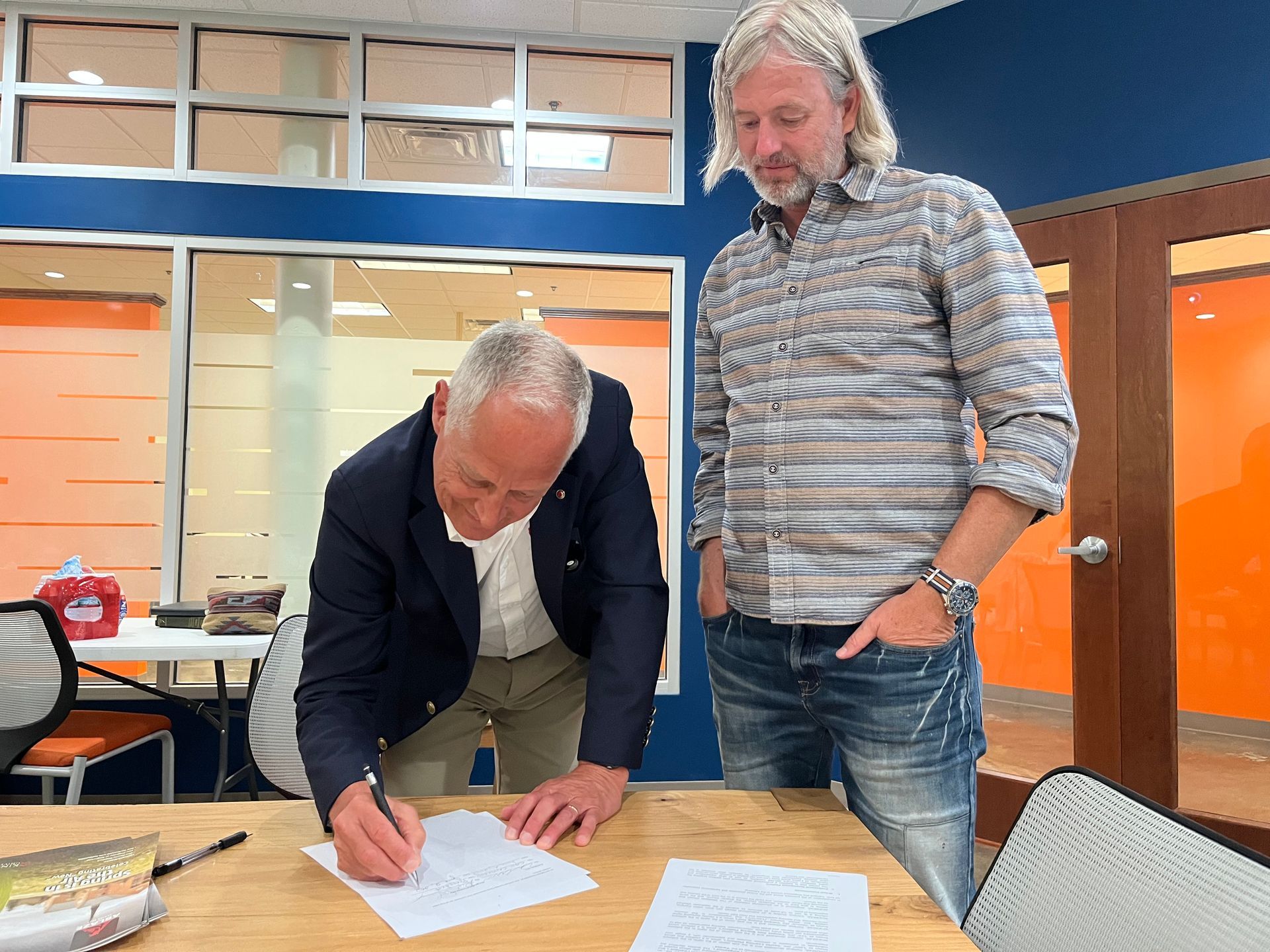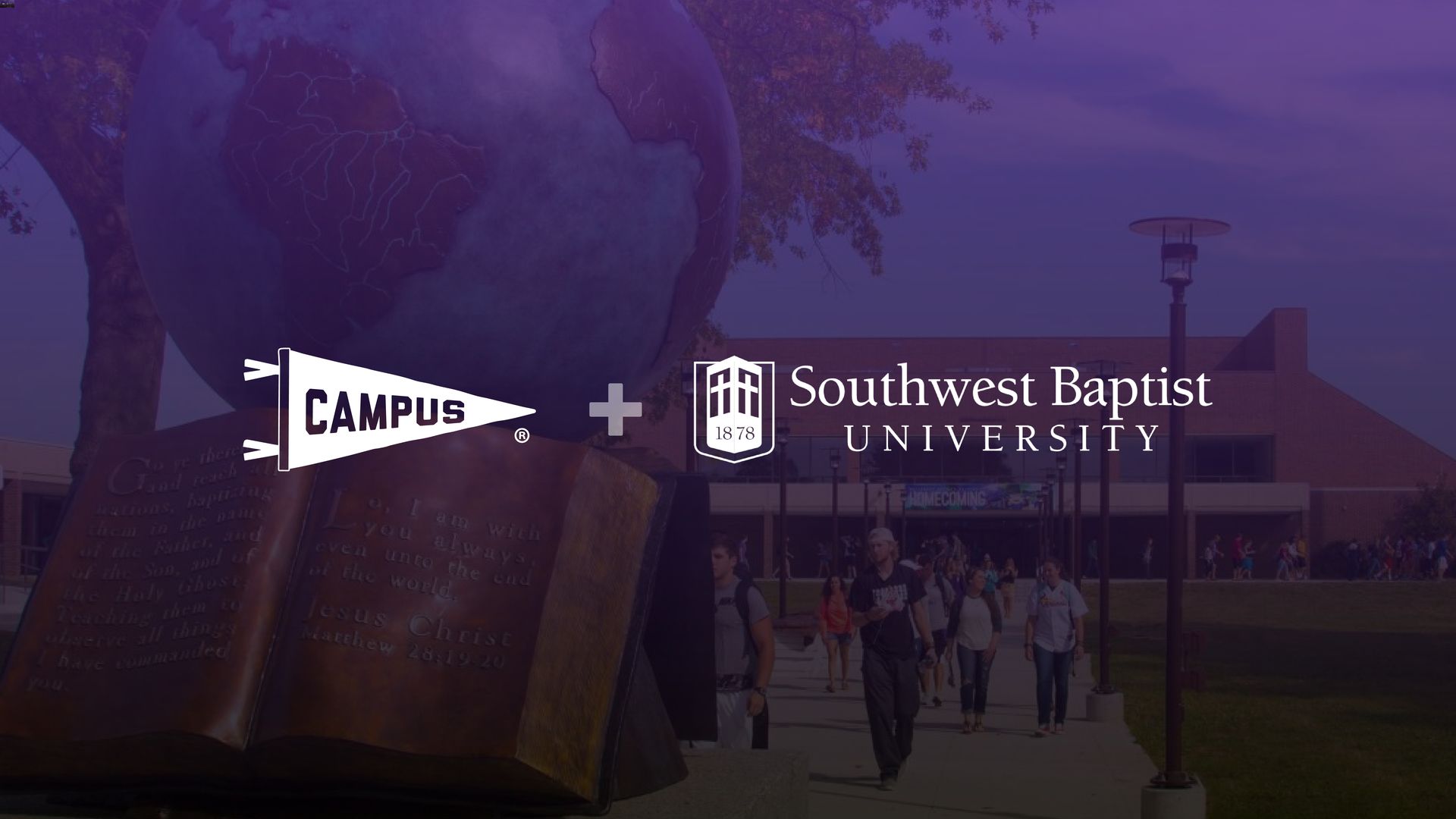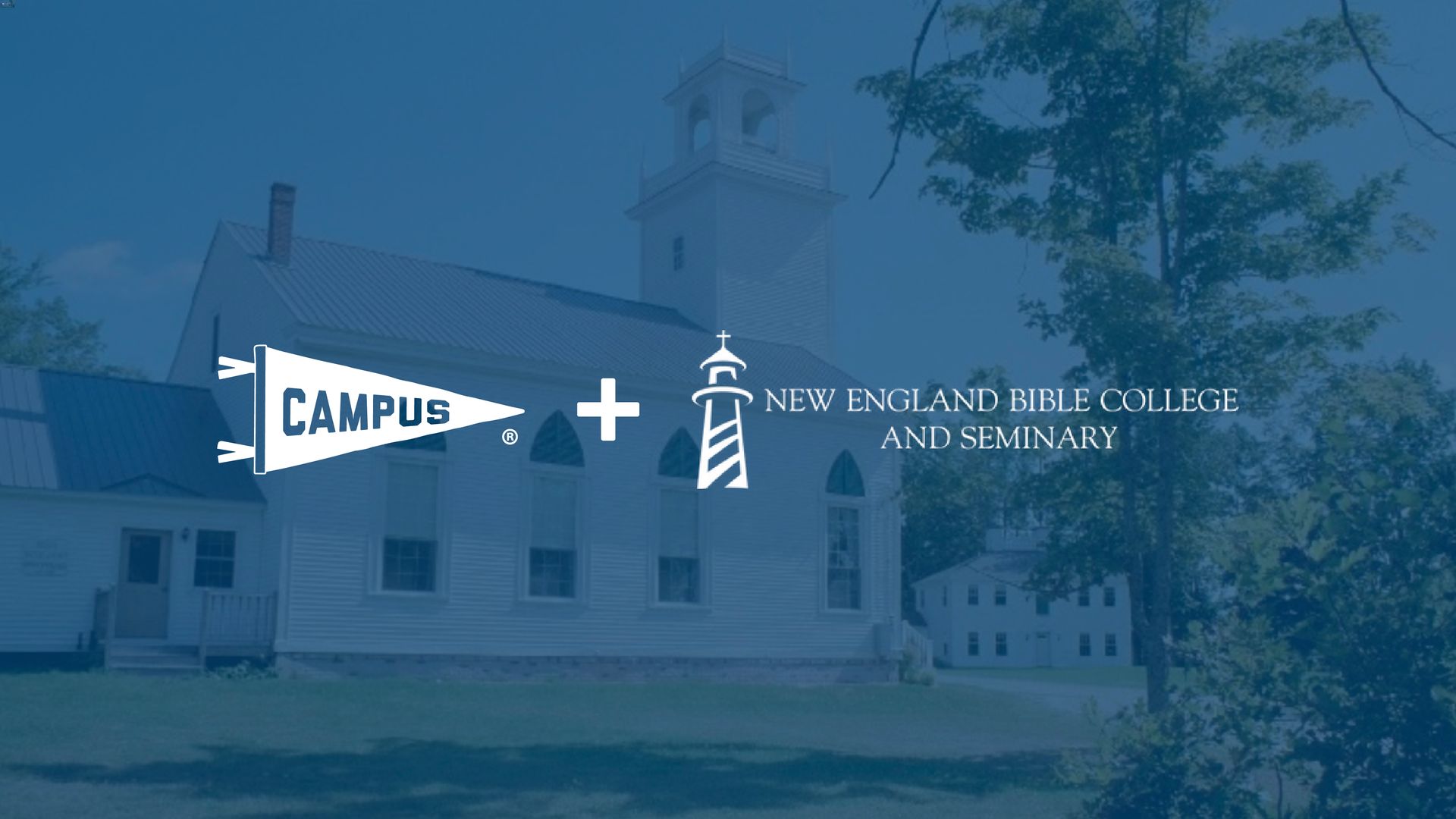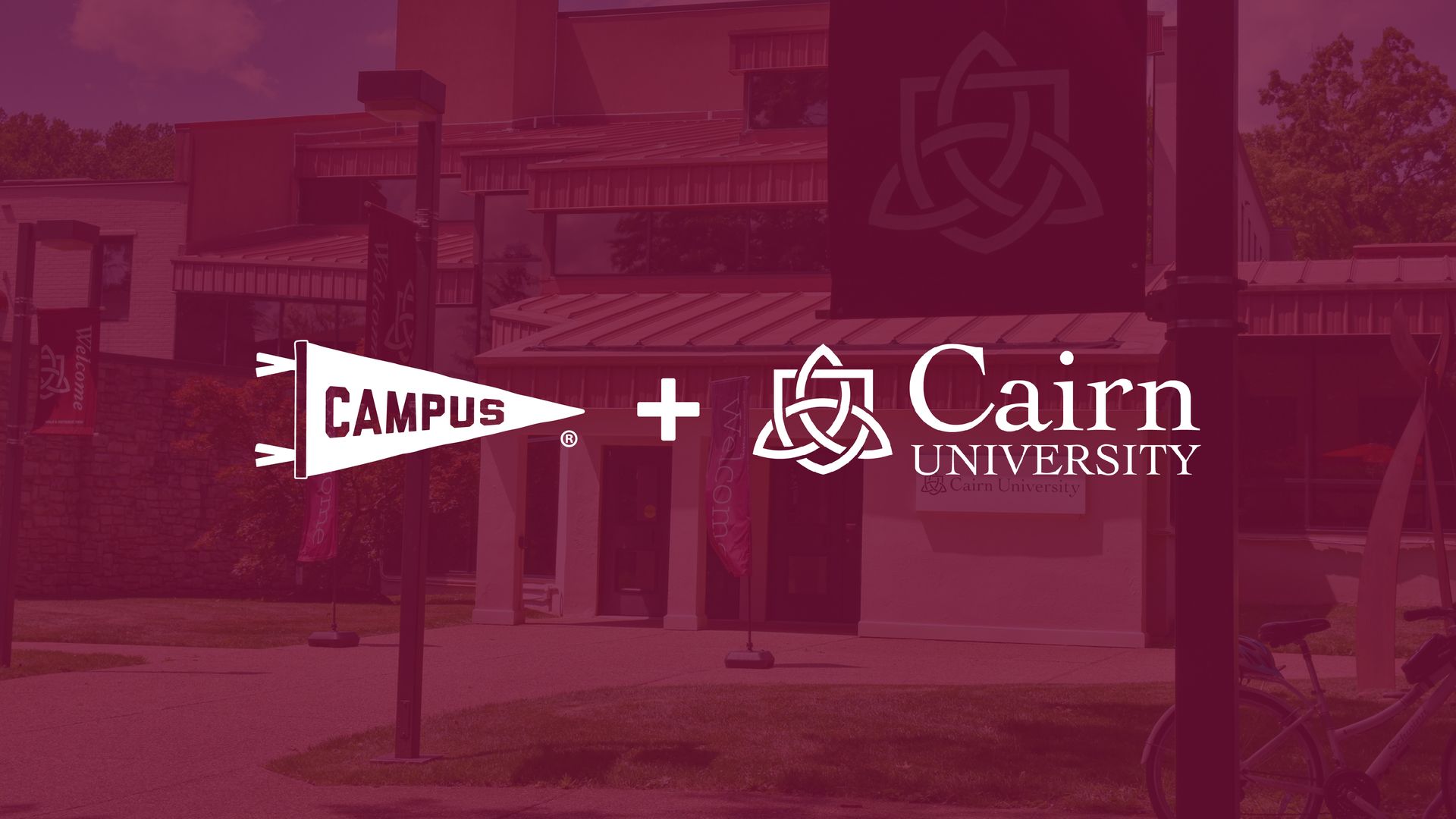Why Campus: Quantum Leaps
Ken Schenck
December 7, 2021

Why Campus: Quantum Leaps
Written by Ken Schenck
For the last few weeks, we have been looking at reasons why a Christian college--any college--would want to join the Campus Edu platform. It is a way to expand into markets to which you do not have access. It is a way to have or retain those enriching courses and programs for which the budget might not easily allow. It is a way to enhance the quality of your online courses, making them more engaging to this generation of students. All of these opportunities are in light of the future of online higher education.
This week we mention a reason to join the Campus platform that will apply to a smaller group of colleges. These are the small colleges that have found it very hard to compete with larger universities. Perhaps they are late to online or maybe have not even started an online program yet. On the other end of the spectrum, perhaps they are just at the beginning of an educational venture and are wondering how they will ramp up to become fully accredited.
The Campus platform has the potential to facilitate a quantum leap for organizations that want to add significantly to their educational scaffolding.
I want to lay out a few case studies today, each of which represents a very real conversation that Campus is having right now.
1. Providing a Learning Platform
Our first post mentioned the recent partnership between Campus and the Association of Christian Schools International (ACSI), the global Christian high school association. The pandemic has dramatically accelerated the expansion of Christian high schools into the online arena. Some other institutions are already there in force, but other Christian high schools see a place for themselves as well in the online space.
This dynamic created an important moment. How can ACSI high schools ramp up together in a way that 1) doesn't wastefully duplicate resources, 2) is coordinated rather than haphazard and uneven, and 3) can thrive in a market where others are so dominant? What if there were a single platform where they could initiate a coordinated effort to go online together?
That platform is Campus Edu. Campus is providing a unified platform where ACSI schools can build next-level online courses together. Collectively, this approach will save these schools millions of dollars that they would have otherwise had to invest separately in course-building and an "LMS," a Learning Management System like Canvas, Brightspace, or Blackboard. And together, they will provide a real alternative to the existing behemoths.
(To reiterate a point from an earlier post, the ability to connect with this high school network in terms of dual enrollment is a reason why any smart Christian college will want to have "teaser courses" on Campus.)
ACSI is not the only organization that is likely to use Campus Learn as their platform. We are in the final stages of conversation with another Christian college that is likely to switch to Campus Learn for their LMS. It is a medium-sized, well-regarded Christian college that has not historically had a large online program. It is looking for a way to quantum leap its online program while addressing its infrastructure needs.
This college does not have the software designers or the infrastructure to ramp up its online program significantly. Its IT staff is already stretched beyond measure (sound familiar?). In this regard, Campus Edu is just what the doctor ordered. With over fifty employees directly or indirectly supporting software development, Campus is equipped to serve as that college's LMS with a personal touch you just can't get from the LMS giants. And our ever-developing interface is arguably more intuitive and more attractive than Canvas, Blackboard, or the default Brightspace.
2. Instant General Education
Campus is also in conversation with other schools that are at the beginning of their arc as undergraduate institutions. There are situations when a graduate school exists without an undergraduate wing. One area of possible growth for such institutions is to add an undergraduate arm. Yes, a seminary can have an undergraduate program too.
There are also long-standing organizations that are thinking of expanding to become Bible colleges and want to become accredited. They may have a well-developed set of niche courses, but not the full program that would be required if they were to take the quantum leap to the next level. Where can you get all those general education courses that any accrediting body will accept?
I know someone! Campus Edu has a full-blown set of general education courses from a network of institutions like Gordon College, Indiana Wesleyan University, and Lipscomb that can serve as an instant general education program. Take a moment to take in what we are saying here. These are not just "ok" courses. These are general education courses that are as good as or better than any you will take from any Christian online institution, instantly available to your college.
My grandfather taught at a Bible college in Indiana his whole life. As a rare person in the early twentieth century with a college degree, he was asked to teach all sorts of courses--math, history, Bible, even health. That Bible college just didn't have the resources to hire people with doctorates in general education areas. The students got what they got.
No Christian college need ever be in this situation again. Campus Edu is a way for the small Bible college, the start-up, the new undergraduate adventure to instantly have online general education courses as good as or better than any their students could take with the "giants" of Christian online education. Imagine that, the little school that has long lived under the shadow of the giants suddenly could have better online classes than they do!
3. Networking to Add Degrees/Programs
One of the key conversations we have been having with college networks is the possibility of collaborating together to create degrees and programs. For example, almost all churches have some system of training their ministers. For years, this was often done on two tracks, one of which involved getting a degree from a residential college/seminary and the other of which was done through some sort of correspondence or non-credit bearing pathway.
The result is a good deal of rich variety but also a fair amount of redundancy (see what we said about ACSI above). As many schools are forced to reduce their programs, you can end up with ministerial programs that are somewhat anemic in some areas. Or perhaps they are reduced only to offering introductory courses without any opportunity to go deeper into any area.
Again, I know a solution. Campus has been connecting with multiple denominations about the possibility of doing some consolidation into our platform. The goal is not to create monolithic ministerial training--monopolies only breed mediocrity and abuse. There should never be just one college, one professor, or one pathway.
What Campus does is provide a way for students who want to study online to get the best of all the partners in a network. Let's say one college has spectacular Old or New Testament professors. Another has a great preaching and worship professor. Still another has spectacular theology and philosophy professors. What if online students could sample from all of them? Wouldn’t that be better for the student? And no one school has to staff the whole baseball team any longer, a requirement that has become problematic in these days of attrition.
What I am saying can sound a little scary. The goal is not to cause trouble to existing faculty or programs at various institutions. It is the responsibility of each school to care and act justly toward its community. Rather, our assumption is that this attrition is already happening almost everywhere. Campus can help provide a softer transition to the new equilibrium that is inevitable (see next week’s post).
In the end, it is all about the students. If what we are talking about here is better for the students--or even the church--then we need to move forward with grace toward all.
These sorts of networking opportunities are not at all limited to ministry areas. Whenever you have a collection of individual entities in a network where training of some sort is needed, the Campus platform stands ready to help. ACSI will likely do a good deal of its faculty development in our space, for example. This is non-credit bearing work that will be shared across a network.
We have yet to see all the ways a platform can synergize growth. While in these early days Campus is investing a good deal in the creation of courses (sometimes the equivalent services of about $25,000 a course), eventually we see colleges creating and uploading their own courses at will. An Amazon-like effect will take place. One project in the making, Campus Studio, will provide a plug and play way for an individual professor to create a top quality course on their own.
There is a whole universe out there waiting to be built together! Campus stands ready to help
The Campus Blog




